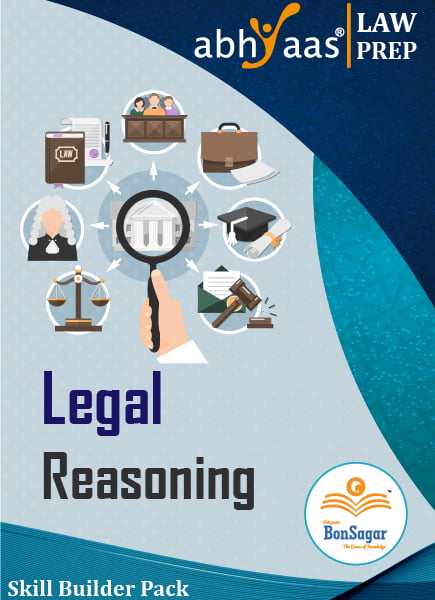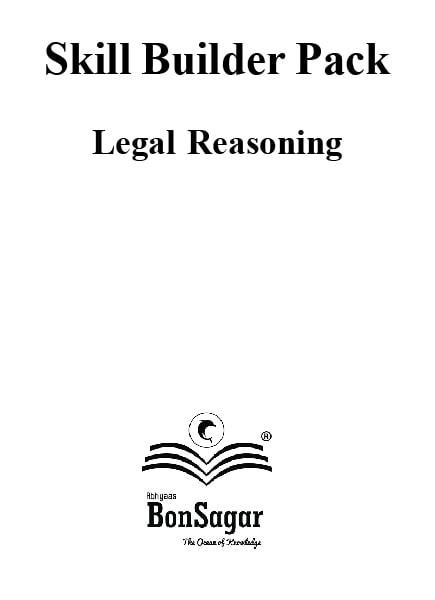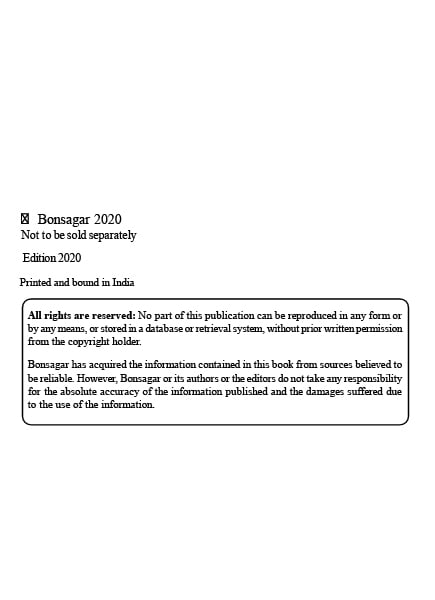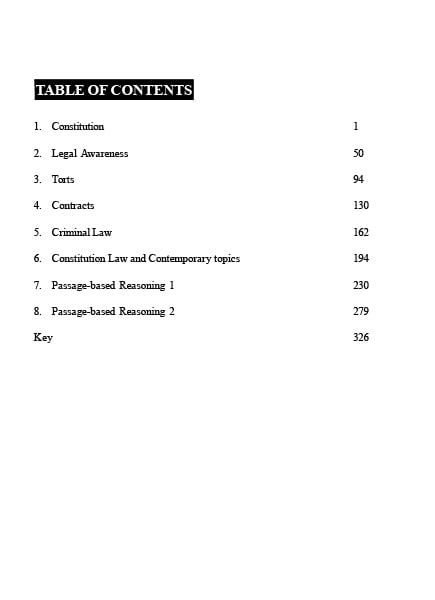DIFFERENT EASY QUESTIONS POSSIBLE FOR THE IELTS WRITING TEST
The International English Language Testing System (IELTS) exam includes a key component called the IELTS Writing test. It evaluates your capacity to formulate clear arguments, employ suitable language and grammar, and successfully manage your thoughts. Even though the Writing test might be difficult, being familiar with different question types and practising with simple questions will boost your score and give you more confidence. We will look at a variety of simple questions that frequently appear on the IELTS Writing test in this post, along with advice on how to approach each question type.
DESCRIPTIVE QUESTIONS
You are asked to describe a person, location, object, or event in the IELTS Writing test’s descriptive questions. You have the chance to demonstrate your vocabulary and skills to give thorough explanations in these questions. Here are a few instances:
- Describe your favourite vacation spot and why you like going there.
- Describe a key moment in your life and why it stands out in your memory.
- Give the name of a book or movie that had a big influence on you and why.
Approach:
Start by generating a list of the topic’s essential facts and pertinent examples. Use evocative words to give the reader a clear image in their head. Focus on presenting a concise introduction, body paragraphs with supporting data, and a concluding statement when organising your response logically.
OPINION QUESTIONS:
Opinion questions ask you to give your own opinions or support them with evidence. These inquiries test your capacity to articulate a reasoned and organised argument. Here are a few instances:
- Do you agree or disagree with the statement: Social media bane of society?
- Should government spending on renewable energy sources increase? Discuss your position and back it up with examples.
- Do you think travel is crucial for personal development? Describe your viewpoint.
Method:Establish your position in the introduction, then provide evidence for it throughout the body paragraphs. Draw on facts, examples, and experiences to support your position. Restate your position and summarise your essential points in your conclusion.
QUESTIONS REGARDING PROS AND CONS:
You must weigh the benefits and disadvantages of a certain circumstance, idea, or development in order to successfully complete an advantage and disadvantage inquiry. These inquiries test your capacity to make a persuasive case. Here are a few instances:
- Go through the benefits and drawbacks of urban living.
- The pros and cons of online education.
- Assess the cultural benefits and drawbacks of globalisation.
Approach:
Start by giving a concise introduction that lists both the benefits and drawbacks. Give each point its own paragraph, and include examples and proof to back it. Finish by highlighting the key benefits and drawbacks and providing a fair overall evaluation.
QUESTIONS OF COMPARISON AND CONTRAST
You must evaluate and describe the similarities and differences between two or more subjects in order to answer comparison and contrast questions. These inquiries test your capacity to provide a fair and coherent comparison. Here are a few instances:
- Online learning and conventional schooling should be contrasted.
- Compare and contrast the advantages and disadvantages of living in a city versus a rural setting.
- Compare the benefits and drawbacks of working for a huge company against a start-up business.
Method: Introduce the topics you will compare and contrast first. Give each topic its own paragraph, concentrating on the parallels and contrasts. To lead the reader through the comparison, make sure your transitions are obvious and reasonable. Finish by restating the critical ideas and emphasising their importance.
SUCCESS STRATEGIES:
- Make a reaction plan: Before beginning to write, spend a little time coming up with ideas and making an outline. As a result, your thoughts will be more cohesive and your essay will be better organised.
- Use appropriate examples: Give particular examples, information, or first-hand accounts to support your claims or statements. This gives your writing more substance and authority.
- Pay attention to the work specifications: Make sure you thoroughly read the question before responding and make sure you cover all of its components. A lesser grade might be awarded if you don’t accomplish that.
- Employ linking words, transitional phrases, and other integrative strategies to connect concepts and give your writing a fluid flow. This improves your essay’s cohesion and readability.
- Proofread your work: Give yourself time to review and revise your essay at the conclusion. Make sure to convey your views clearly and succinctly.
Building your confidence is an essential part of getting ready for the IELTS Writing test. You may approach the test more comfortably and improve your chances of receiving a better band score by being familiar with simple questions and implementing successful tactics. Plan out your replies, include evidence to back them, and follow the assignment criteria. You may succeed on the IELTS Writing test if you put effort and practice into it.




